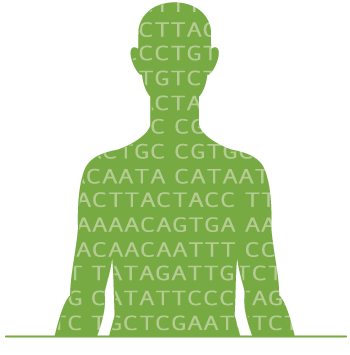ResearchDx is a CDO (diagnostic focused CRO) offering biomarker discovery, characterization and validation services. Biomarker discovery in precision medicine is a complex and nuanced field. Technology and platform selection can have many downstream consequences, such as testing throughput, the path for regulatory clearance (CDx), ability to scale, and commercialization considerations (reimbursement). ResearchDx has extensive experience in biomarker discovery for precision medicine, including oncology, inflammatory/autoimmune, neurodegenerative, and metabolic disease indications.
Our team can develop, validate, and perform assays to regulated standards (GXP, CLIA, FDA), including assisting with the pertinent regulatory filings.

Because every person is genetically distinct, the adage “one treatment for one disease” is no longer applicable in the new age of precision or ‘personalized’ medicine. Today, identifying patients who may or may not benefit from therapy is a key component in personalizing clinical disease management and outcomes. Drug selection and dosage may be customized according to individual biological characteristics, genetic alterations, ethnicity, gender, and diagnostic testing results. Diagnostic biomarkers, such as immunotherapy biomarkers, also provide the ability to monitor treatment success and failure.
For the biopharmaceutical companies that develop a targeted therapy, the development of a companion diagnostic (CDx) is required by the FDA to stratify the population of patients who may benefit or be harmed by the new novel therapy. Not all patients with the same disease or cancer exhibit the same genetic and biomarker profiles; therefore, understanding who will and will not benefit due to underlying causality drives the drug development process and, eventually, optimal patient treatment opportunities. New molecular technologies, particularly next-generation sequencing (NGS), have become the preferred methodology for novel biomarker discovery and drug target identification efforts. NGS provides a wealth of genomic data that has led to a greater understanding of underlying genomic alterations, mutations, and biological pathways that explain disease mechanisms and allow for precise targeting for new drug development.
Our CAP/CLIA-certified lab, PacificDx, offers state-of-the-art facilities and expertise to meet your immediate clinical and pre-clinical needs for high-quality clinical and biopharmaceutical testing services.